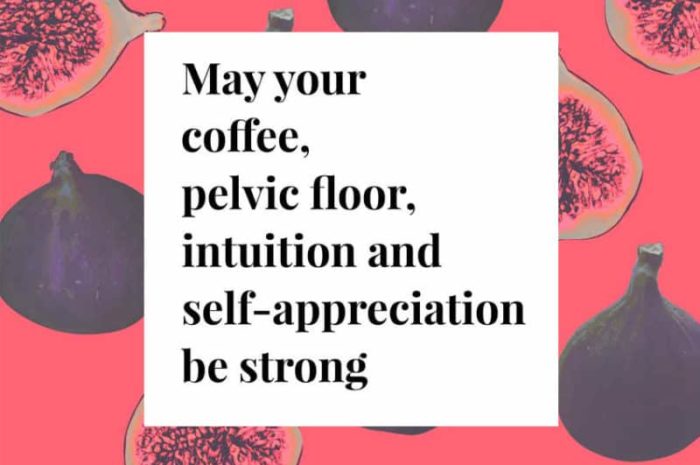
On October 6th, 2017 the Women’s Health Research Institute (WHRI) in Vancouver, British Columbia helped to launch an awareness campaign for a genital pain condition called provoked vestibulodynia, or PVD.
PVD affects up to 10% of women, and up to 20% of girls between the ages of 12 and 19. The condition is characterized by pain triggered by light touch to the vulvar area known as the vestibule (located at the entrance to the vagina). Due to the location of the pain’s source, PVD can make sex difficult – or in some cases, impossible. It also affects the ability to use tampons or menstrual cups, wear tight clothing, receive a physical medical exam, or even sit.
Unfortunately, PVD is not easily diagnosed, as there are no visual indicators for health care professionals to recognize during an exam. People with PVD are often told that they should try drinking a glass of wine to relax before sex, or that the pain must be ‘all in their head’. This leads to feelings of isolation, hopelessness, anxiety, and depression for many people suffering from the condition.
The campaign, titled “#ItsNotInYourHead”, is championed by Dr Lori Brotto of WHRI. Through research conducted at the University of British Columbia, Dr Brotto found that practicing mindfulness and cognitive behavioural therapy are two evidence-based options for relieving symptoms associated with PVD.
With the help of a patient partner, Dr Brotto commissioned a short video which follows one woman’s journey, from the onset of PVD through to her diagnosis. The video also describes this research and lets others suffering from the condition know that they are not alone, and that their pain is real.
To learn more about PVD, visit the WHRI site to download the campaign’s dissemination toolkit.
You can follow the campaign on Twitter and Facebook @NotInYourHead17, and WHRI @womensresearch.



